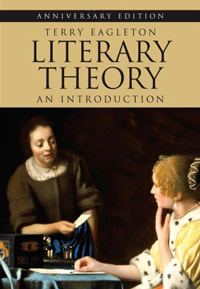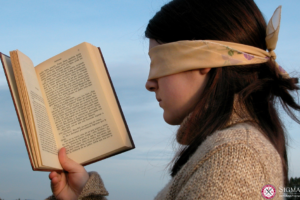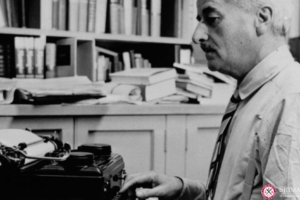 by Emily Traylor
by Emily Traylor
Southern Region Associate Student Representative, 2013-2014
Rho Gamma Chapter
Louisiana Tech University, Ruston, LA
Truthfully, when I first walked into my undergraduate contemporary theory class, I was terrified. It sounds so intimidating and foreign, and it’s not at all like other literature. My theory anthology and I spent a lot of quality time together, mostly consisting of me reading the same passages over and over, hoping that it would all finally fall into place if I read it enough. With a lot of patience, faithful attendance in class, and a dedicated professor, most of the ideas started to click for me.
 Still, I’ll warn that this isn’t the type of subject matter that you can passively approach. It’s imperative to take notes, write down questions, ask them in class, discuss the theories, and ultimately apply them in your work, in order for the theories to really become a useful part of your education. I’ll admit, I probably couldn’t discuss, on demand, the finer points of Saussurian linguistics, but I noticed immediately that my theory background helped me when I read fiction. Even if you can’t explain every way that a literary work relates to a theory, studying theory gives you a sturdy background for research.
Still, I’ll warn that this isn’t the type of subject matter that you can passively approach. It’s imperative to take notes, write down questions, ask them in class, discuss the theories, and ultimately apply them in your work, in order for the theories to really become a useful part of your education. I’ll admit, I probably couldn’t discuss, on demand, the finer points of Saussurian linguistics, but I noticed immediately that my theory background helped me when I read fiction. Even if you can’t explain every way that a literary work relates to a theory, studying theory gives you a sturdy background for research.
Generally, theory is remarkably dense and a bit esoteric at times. I was lucky enough to have Dr. Dorothy Robbins as a professor, who happens to be a theory enthusiast, and the class turned out to be my favorite as an undergraduate. Personally, I’ve had the best time writing papers after my theory class and trying out different approaches to see which genre of theory works best for me (feminism and gender theory are my favorites—so fun!).
At the very least, maybe one day at a cocktail party, someone will discuss the differences between Freudian and Lacanian psychoanalysis; it will be your time to shine!




